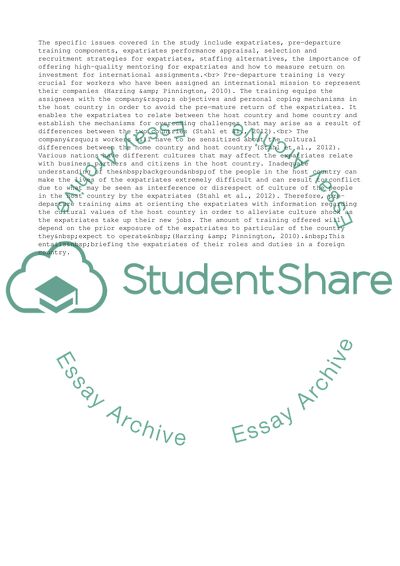Cite this document
(“International Assignments Research Paper Example | Topics and Well Written Essays - 1750 words”, n.d.)
International Assignments Research Paper Example | Topics and Well Written Essays - 1750 words. Retrieved from https://studentshare.org/business/1655198-international-assignments
International Assignments Research Paper Example | Topics and Well Written Essays - 1750 words. Retrieved from https://studentshare.org/business/1655198-international-assignments
(International Assignments Research Paper Example | Topics and Well Written Essays - 1750 Words)
International Assignments Research Paper Example | Topics and Well Written Essays - 1750 Words. https://studentshare.org/business/1655198-international-assignments.
International Assignments Research Paper Example | Topics and Well Written Essays - 1750 Words. https://studentshare.org/business/1655198-international-assignments.
“International Assignments Research Paper Example | Topics and Well Written Essays - 1750 Words”, n.d. https://studentshare.org/business/1655198-international-assignments.


